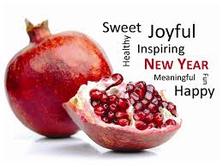
Throughout the month of Elul, I have shared daily reflections to help each of us prepare for the High Holy Day Season. I hope these thoughts have inspired each of us to make time, find the energy and initiate some passion as we reflect and examine this past year, in preparation for the year to come.
For my final message of the year 5774, I wanted to share some personal thoughts as I enter into this New Year. I have heard from many of you how much you have enjoyed receiving these blogs this month. I want to thank a few key friends and colleagues who encouraged me to write and to share my voice.
Many of you have asked how I could find so many different things to share. I would challenge each of you, in this New Year, to find a way to use your own voice, as I have rediscovered mine. If you are interested in blogging, let me know. We are happy to have guest bloggers at any time, and our audience would appreciate hearing from different voices on differing topics.
I would also love to hear from you reflections or thoughts on individual posts or topics from the month of Elul. In my mind, blogging is meant not simply to be a one-way conversation, but an opportunity to begin a dialogue. As we begin the journey of 5775 together, let it be a year filled with heart-to-heart connecting and sharing.
Many of you know that for me, this year will be one of self-reflection and evaluation. As I determine the next phase of my journey in life, I hope to do so while living every day to its fullest, surrounded by great family and wonderful friends, colleagues and community members. I look forward to sharing with you in this New Year.
As impersonal and indirect as it may be, I wish to say to all friends, family, colleagues, co-workers and readers, that for anything I may have done to hurt you in this past year, either directly or indirectly, intentionally or unintentionally, I am truly sorry. I am certain I will still make mistakes as we enter into this New Year, for I am only human, but I will strive not to make the same mistakes I made in this past year.
Finally, I wish to give a special thanks to my husband David, our 10-year-old son Sam and 8-year-old daughter Sophie, who have been incredibly patient (most of the time) during this month of Elul, as I have blogged each day, in addition to the sermons, services and other work I needed to accomplish during this time. They traveled this journey with me, and the month of Elul has included unpacking from camp, a trip to South Africa, the beginning of 5th and 3rd grades, Hebrew school, a new art class, a new soccer team, swim tryouts, a new skating class, and so much more. Despite the chaos, each of those events and the responses and feelings of my family, as well as others, have influenced the words that poured out of me throughout this month. So I simply say... thank you.
L’shanah Tovah. May you have a sweet, happy and healthy New Year!
Rabbi Debbie Bravo
So for one final time this year,
let the sound of the shofar be heard;
And let our souls be awakened!
| | Tekiah G'dolah! |

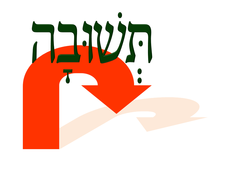
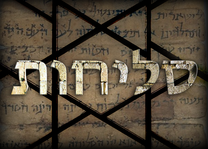
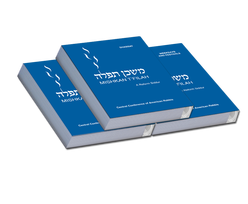

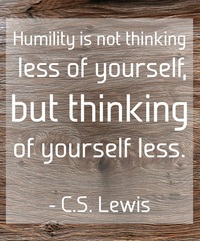

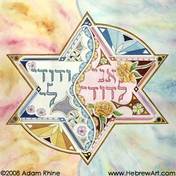
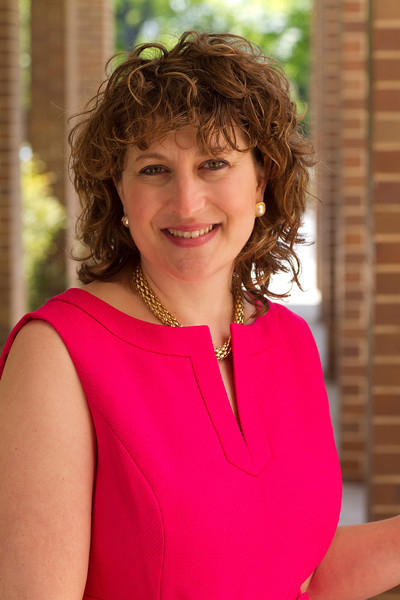
 RSS Feed
RSS Feed
